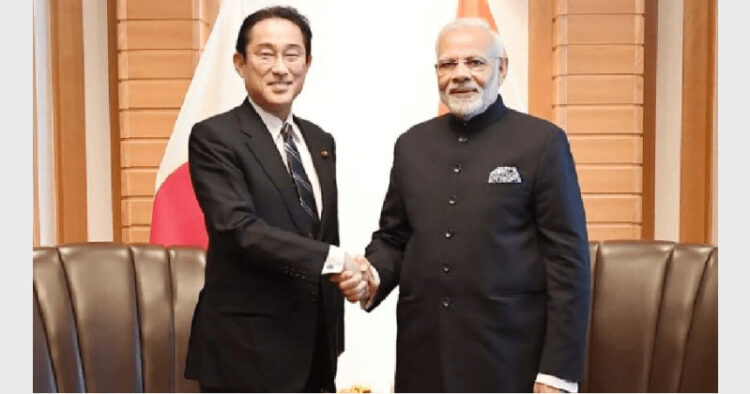As expected, the newly elected leader of Japan's ruling majority Liberal Democratic Party Fumio Kishida, is now the country's Prime Minister. East Asia observers say Prime Minister Kishida's biggest challenge would be to lead his party in a general election held on October 31 this year. He has to do so in the face of the growing criticism of his predecessor Yoshihide Suga's handling of the pandemic and the notorious ethics and gift scandals that had rocked his ministry.
Besides, Kishida needs to move forward on the front of the country's defence and diplomacy. His predecessor Suga consolidated Japan's alliance with the United States and strengthened its cooperation with European nations on security. He, however, moved little to put Japan's relations with China, the two Koreas, and Russia on the right track.
Beijing continues to pursue its aggressive policies in the region. Japan's rift with South Korea over issues of history is where it was. North Korea remains too ambitious about its nuclear- missile programme in the region. Japan's friction with Russia over the then Soviet Union's seizure of its four islands off the eastern coast of Hokkaido is yet to be resolved.
The observers say there are high expectations on Kishida. He has had a huge experience in politics and administration. His father and grandfather both were members of Japan's House of Representatives. His father was also distantly related to former prime minister Kiichi Miyazawa. In 1993, Kishida won a parliamentary seat from Hiroshima. Since then, he has been a nine-term member of the House. He served as the LDP's policy chief from 2017 to 2020. He was Prime Minister Shinzo Abe's foreign minister from 2012 to 2017.
Abe is likely to influence Kishida in key areas of governance. Kishida has retained Abe's younger brother Nobuo Kishi as Defense Minister in his Cabinet. Kishida has already shown a willingness to carry on Abe's efforts to have the Diet initiate amendments to the Constitution, including establishing a constitutional status of the Self-Defence Forces.
The Abe influence over Kishida is not at all strange. Kishida was once considered Prime Minister Abe's heir-apparent. Abe still has a lot of clout over a wide range of LDP legislators and the members of the LDP's largest faction. Last week, he helped Kishida win in the runoff between the two top vote-getters in the first round of the LDP leadership poll.
The observers add that relations between India and Japan can be expected to get better under Kishida's premiership. Like Abe, Kishida has been very close to the idea of fostering warmer ties between Japan and India (the United States, Australia, and other democratic Asian powers). As Japan's foreign minister, he interacted well with Prime Minister Narendra Modi and his predecessor Manmohan Singh.
During his visit to New Delhi in 2015, Kishida promised Japan would contribute to Prime Minister Modi's 'Make in India' initiative and support India to become a base of economic growth for the Indo-Pacific region and the world. He proposed strengthening three bridges – of values, vibrant economy and open seas-for the region. Kishida also said New Delhi and Tokyo should become driving forces for reforms in the United Nations Security Council and, for that, the G4 (Japan, India, Germany, and Brazil) work together.
(The author is a Delhi-based journalist)














Comments